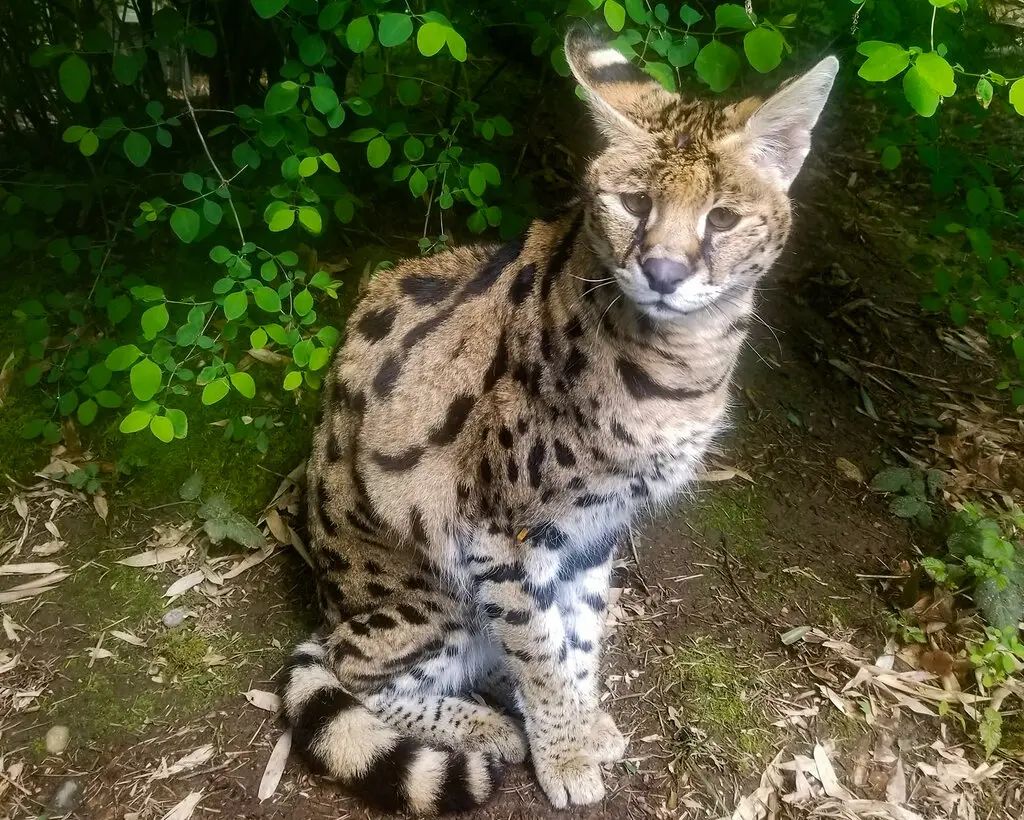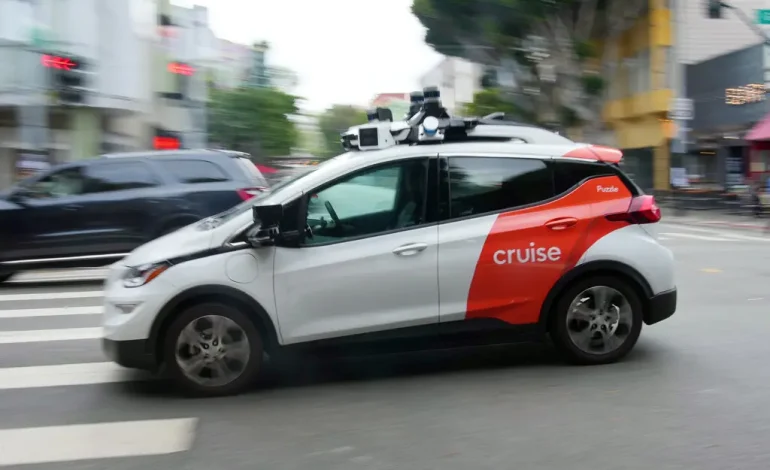General Motors (GM) has announced the closure of its subsidiary Cruise, signaling the end of its efforts to develop a robotaxi service, the Washington Post reports.
Once seen as a leader in autonomous driving technology, GM’s decision comes in the wake of increasing competition in the sector and the challenges posed by the 2023 crash incident in San Francisco.
In a statement, GM explained that it would no longer pursue autonomous vehicle development specifically for its robotaxi service. The company cited the “considerable time and resources” required to scale the business, amidst growing competition from other tech firms advancing similar technologies. However, GM emphasized that it remains committed to advancing autonomous driving capabilities, focusing on its Super Cruise driver-assistance software, which is already available in some of its vehicles.
Marc Whitten, CEO of Cruise, expressed that the company’s leadership is working closely with GM on the next steps, but specific plans for the workforce and potential restructuring are still under discussion. Cruise employees were informed of the decision on December 10.
This move follows a difficult year for Cruise, which was marred by a serious incident in October 2023. A Cruise vehicle, part of the fleet offering paid rides, struck and dragged a pedestrian who had been involved in a previous collision with a human-driven vehicle. The woman survived the accident, though she was seriously injured. Following the incident, GM faced multiple investigations and fines and initially suspended its driverless operations. The company later resumed testing in a limited manner, with human oversight in several cities.
The crash incident, alongside Cruise’s ongoing challenges, led to a substantial settlement with the victim, reportedly between $8 million and $12 million. This incident raised concerns about the safety of autonomous vehicles and led to scrutiny from both state and federal regulators.
While GM shifts its focus away from robotaxi development, competitors such as Alphabet’s Waymo and Tesla continue to push forward with their own autonomous vehicle programs. Waymo has been expanding its robotaxi services in cities like San Francisco and Los Angeles, while Tesla’s Cybercab project, led by CEO Elon Musk, aims to bring fully autonomous vehicles to the roads in the near future.
The company plans to restructure Cruise’s operations, with a completion date targeted for mid-2025.









